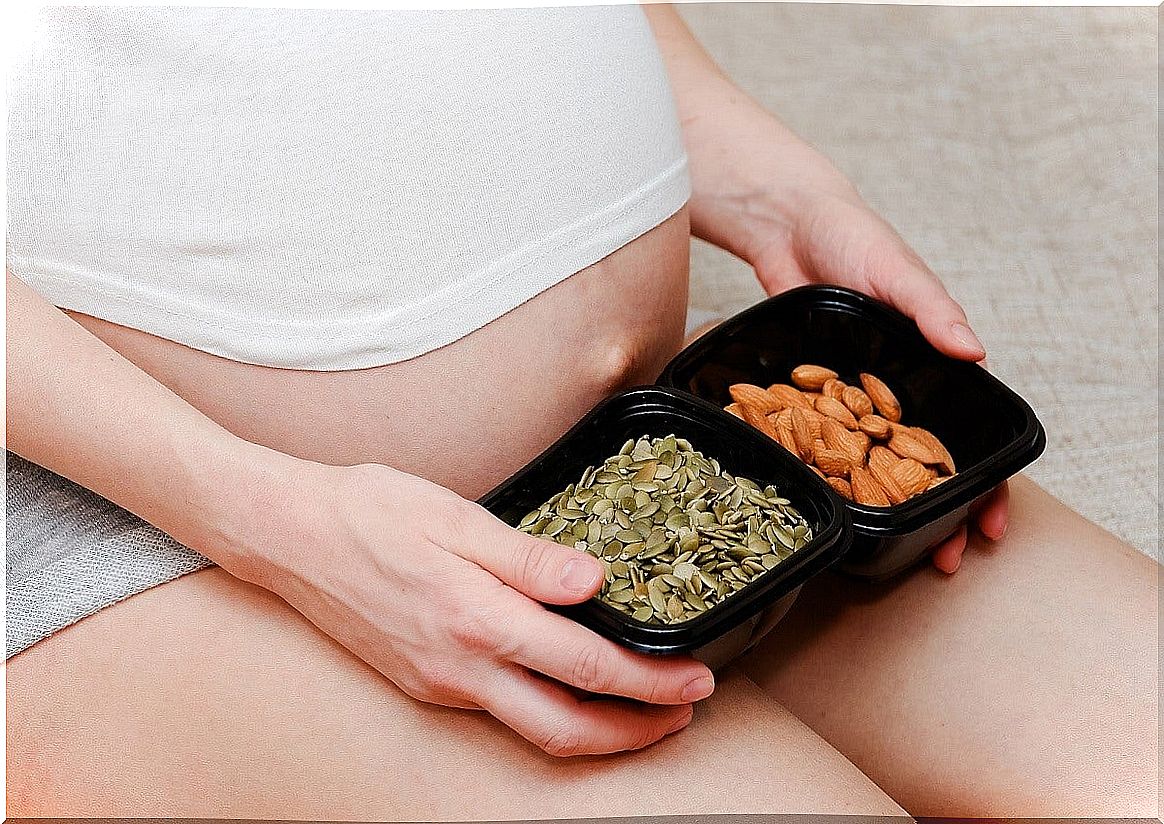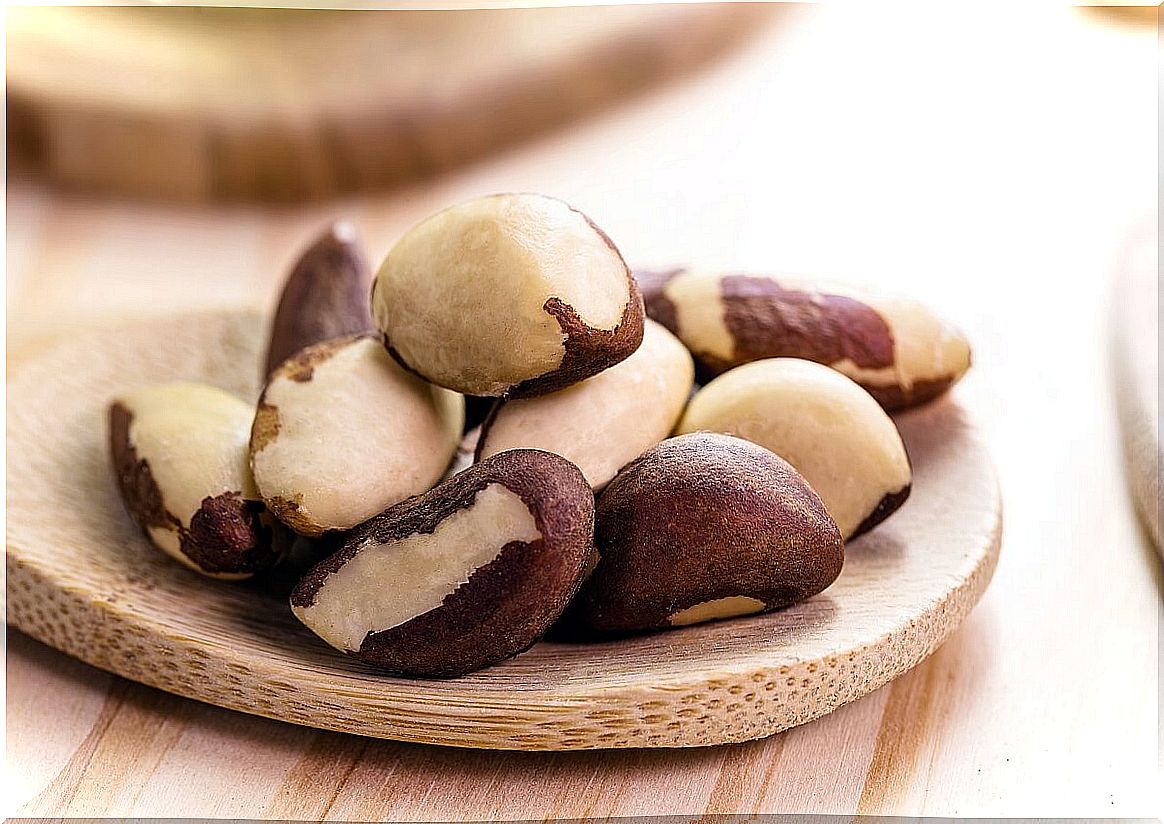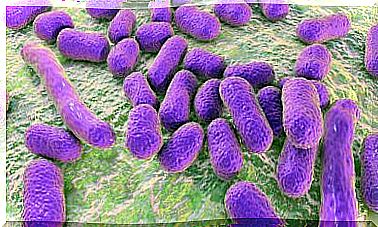Benefits Of Nuts In Pregnancy
Worldwide, between 20% and 30% of pregnant women have nutritional deficits. Nuts provide benefits in pregnancy, as they provide energy, protein, fiber and minerals that future mothers do not always assimilate in optimal amounts.
There is evidence that the effects of nutrition on the fetus can last into adulthood. Therefore, it is worthwhile to focus on the diet of the pregnant woman to prevent possible future damage. How Can Nuts Help?
The role of diet in pregnancy
Before talking about the benefits of nuts in pregnancy, it is important to do a brief review on the role that diet plays in this period. And, as an article published in Medical Clinics of North America states , nutritional status determines, to a large extent, the health of the mother and the fetus.
Consequently, it is convenient to know what foods pregnant women should eat, in what quantity and with what frequency, to ensure optimal development of the pregnancy. Given the conditions of this stage, the nutrient needs vary compared to those of a normal person.
Therefore, a proper food choice becomes essential. Fresh products, abundant in essential nutrients, and that do not report negative effects, are the most ideal.
For example, a review of studies published in the journal Nutrients , determined plant foods, nuts and seeds, help to improve results in some common problems during pregnancy. This includes the following:
- Less risk of hypertension and preeclampsia.
- Less incidence of gestational diabetes.
- Better psychological state, which could help prevent the appearance of symptoms of sadness and depression during pregnancy and postpartum.
- Better growth and development of the fetus, and a reduced chance of preterm delivery.

Discover Why is diet important in pregnancy?
Nuts and neuropsychological development
The development of the nervous system and the brain of the fetus is essential in the first three months of pregnancy. Although many do not know it, the consumption of nuts during this period can contribute to their proper formation.
This was reported by an IGSGlobal study that took data from 2,200 mother and child couples. Their diet and nut intake were measured, and tests were performed to measure the neuropsychological development of the babies, until they reached 8 years of age.
In this study, the women consumed 30 grams of nuts, 3 times a week. But the official recommendations are usually higher, 3 to 7 times a week.
Therefore, the researchers themselves think that the benefits of nuts in pregnancy could be greater, especially due to their contribution of fatty acids and folates, which are essential in the development of the frontal brain part.
Other benefits of nuts in pregnancy
Nuts have a nutritional composition that includes vitamins, minerals, fiber, and polyunsaturated fatty acids. Some of these nutritional components are key during pregnancy for optimal development of the fetus.
Folic acid and neural tube malformations
Folic acid is a vitamin of group B and plays an important role in the development of the fetus, since it is essential for the formation of new cells. In addition, in the early stages of pregnancy it contributes to the formation of the neural tube and reduces the risk of problems such as spina bifida or anancephaly.
This nutrient is present in some foods such as whole grains and green leafy vegetables. It is also contained in nuts, especially hazelnuts and peanuts. Therefore, it is good advice for pregnant women to add them to their regular diet.
However, given the difficulty in reaching desirable levels through food, supplements of this vitamin are often recommended to all pregnant women. They are even indicated in those who are just planning to get pregnant.
Polyunsaturated fatty acids and omega 3
Essential fatty acids, such as omega 3, must be included in the diet because the body cannot synthesize them. During pregnancy they are necessary, since they affect the development of vision and the nervous system.
The best known source of omega 3 is oily fish. Despite the possible doubts generated by the accumulation of mercury in these species, there are more benefits than risks.
Likewise, it is advisable to include nuts in the regular diet, especially varieties such as walnuts, as they also contribute to an optimal supply of these healthy fats.

Increased calcium needs
Calcium is an essential nutrient in all stages of life. The requirements of this mineral are higher during pregnancy, especially in the third trimester.
Studies show that a low intake can cause osteopenia, cramps or paresthesia in the mother ; it also increases the risk of hypertension. Meanwhile, in the fetus it causes growth retardation.
When there is a higher demand for calcium, the body also prepares to be more efficient. Thus, it increases the absorption stimulated by hormones and the retention of calcium in the renal tubules.
In these same scientific reviews it is concluded that it is possible to cover these extra calcium needs with food. Almonds, Brazil nuts and hazelnuts are the nuts with the highest percentage.
What to remember about consuming nuts in pregnancy?
Including a portion of nuts in the diet during pregnancy is positive. This food, in addition to being energetic, provides essential nutrients for this period, such as folic acid, healthy fats and calcium.
Best of all, it is a versatile ingredient, ideal to combine with other healthy foods such as fruits, oatmeal, yogurt, among others. Do you dare to consume them?









